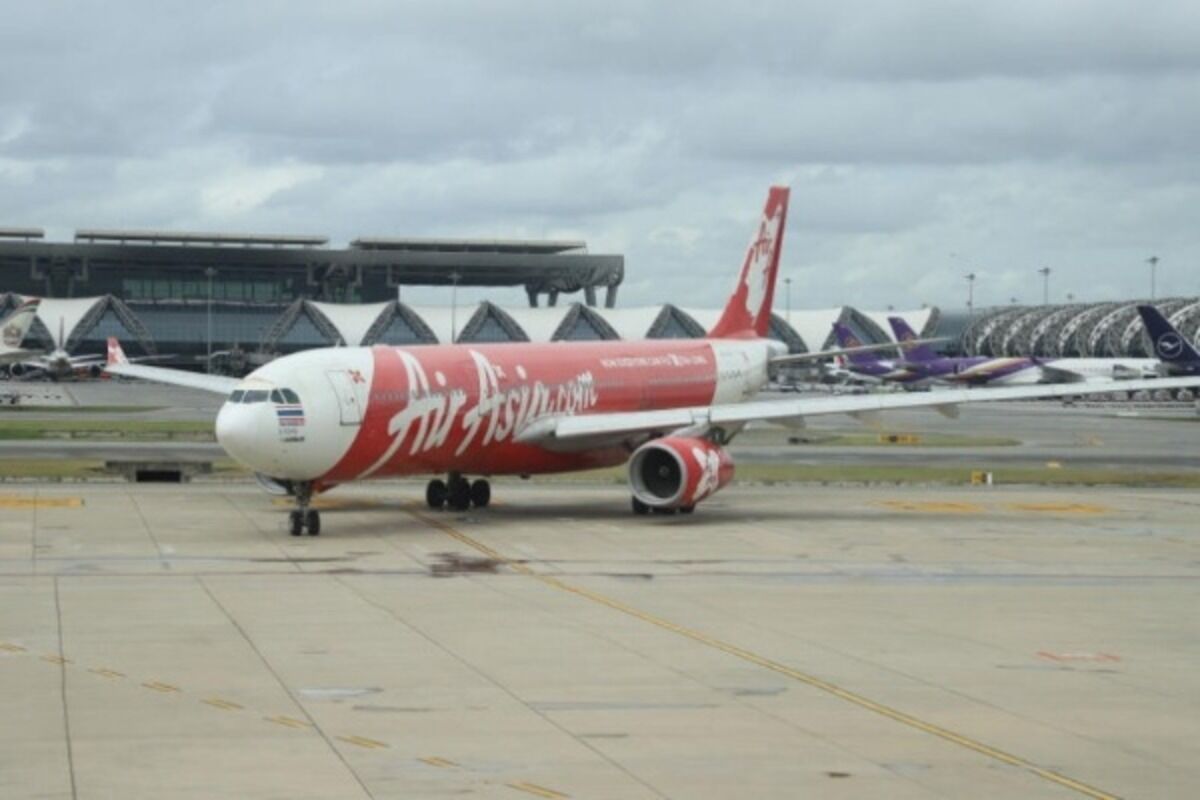Thai AirAsia expands routes to India amid slow China recovery

Thai AirAsia is set to expand its network by launching new routes to India and Southeast Asia in the second half of the year, aiming to compensate for the slow recovery of flights to China. The sluggish Chinese economy and increased competition from domestic travel have significantly impacted this recovery.
Tansita Akrarittipirom, head of commercial at Thai AirAsia, revealed that the proportion of Chinese passengers dropped sharply to 17% from 27% before the coronavirus pandemic. In contrast, the airline anticipates the share of Indian passengers to rise to 10% by the year’s end.
To diversify its market, Thai AirAsia is enhancing its Southeast Asian routes and increasing capacity to other Asian destinations. The airline is utilising the fifth freedom right to operate flights to Tokyo via Taiwan, aiming to balance its route portfolio.
Three new routes were launched this month, set to commence operations in October. These include Bangkok-Hyderabad (India), Bangkok-Phú QuÕc (Vietnam), and Phuket-Siem Reap (Cambodia). Next month, three additional routes will be introduced to cater to the high season, featuring Bangkok-Kathmandu (Nepal) and flights from Phuket to Kolkata and Chennai in India.
Tansita noted that these expansions were facilitated by an additional 7,000 seats allocated by the Civil Aviation Authority of Thailand (CAAT) to Thai carriers, with Thai AirAsia securing 40% of the total quota.
“Indian passengers typically dominate 80 to 90% of flights bound for India, while Thai outbound tourists are gradually increasing, thanks to the visa-fee waiver programme for Thai nationals applying for an Indian visa.”
Thai domestic routes
Domestic routes benefiting from the growing Indian market include popular beach destinations such as Phuket, Krabi, and Pattaya, with tourists travelling from Bangkok. CAAT is currently negotiating with the Indian government for an extra 7,000-seat quota in the future, which could enable Thai AirAsia to launch flights to major cities such as Delhi and Mumbai.
In the first half of the year, the airline’s international flight capacity reached 82% of the pre-pandemic level. Indian route capacity has already surpassed pre-pandemic levels, reaching 116%, while Southeast Asia’s capacity stands at 88%. However, the capacity for flights to China has only recovered to 55%.
Despite the growing demand from Indian passengers, Tansita mentioned that it could take over five years to match the scale of the Chinese market in the airline’s portfolio due to limited flight quotas and lower purchasing power.
By the end of 2024, Chinese passengers are expected to make up 20% of the total international passengers, which are projected to be around eight to nine million. Southeast Asian and Indian passengers are expected to account for 50% and 10%, respectively.
Two additional Chinese routes from Chiang Mai and Bangkok might be introduced during the high season. This year, Thai AirAsia aims to serve 21 to 22 million passengers, nearly matching the 22.1 million recorded in 2019. Of these, eight to nine million are expected to be international passengers, boosted by the Thai government’s visa-free schemes.
The relocation of Thai AirAsia X operations to Don Mueang Airport is also anticipated to strengthen both airline networks, particularly benefiting transit passengers, reported Bangkok Post.
Latest Thailand News
Follow The Thaiger on Google News:


























